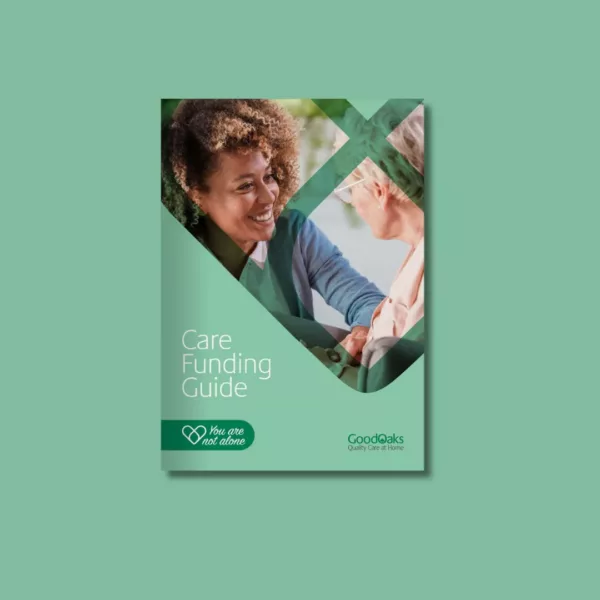Homecare is a service which allows the elderly, frail or disabled to continue living in their own home whilst receiving the care they need. Care professionals can either make regular visits to your home, or move in with you to provide round-the-clock live-in care. Care professionals have a wide variety of duties, depending on your needs, including helping you get in and out of bed, helping you to get washed and dressed, carrying out domestic tasks or just providing companionship and enabling you to have a social life.
Homecare, or domiciliary care as it is also known, is an incredibly flexible service. Whether you need a care professional for a few hours a week, several hours a day or all day every day on a short term or long term basis, your homecare can be organised around your specific requirements.
If you need help with daily routines and don’t want to move into a care home, then homecare is the service for you.



















